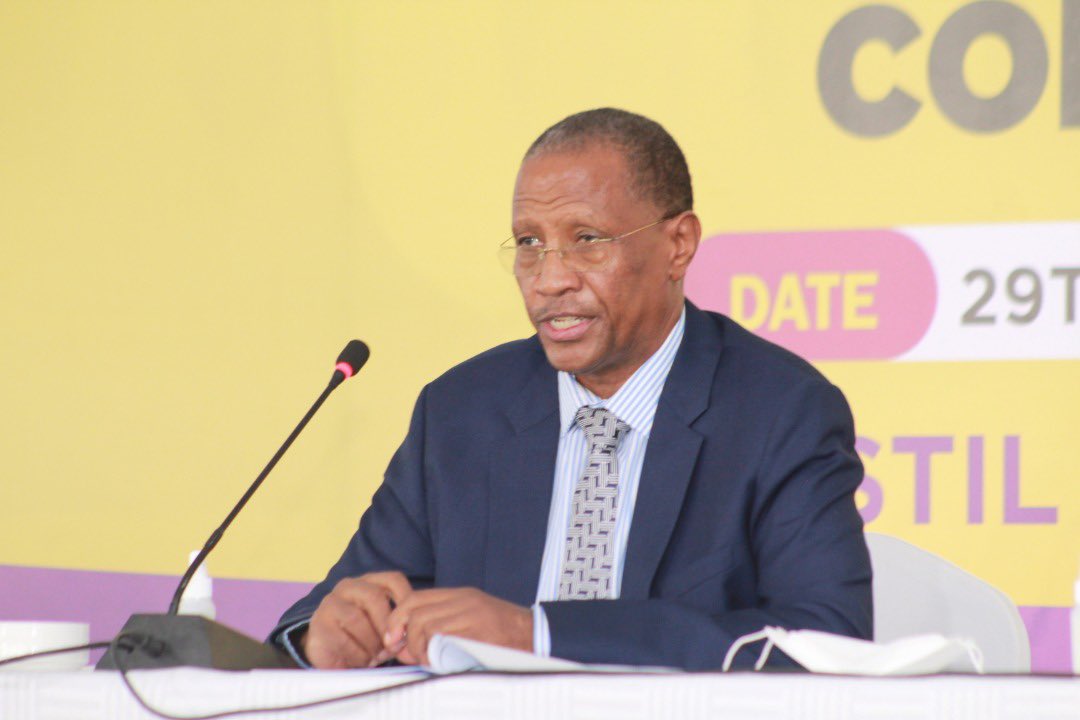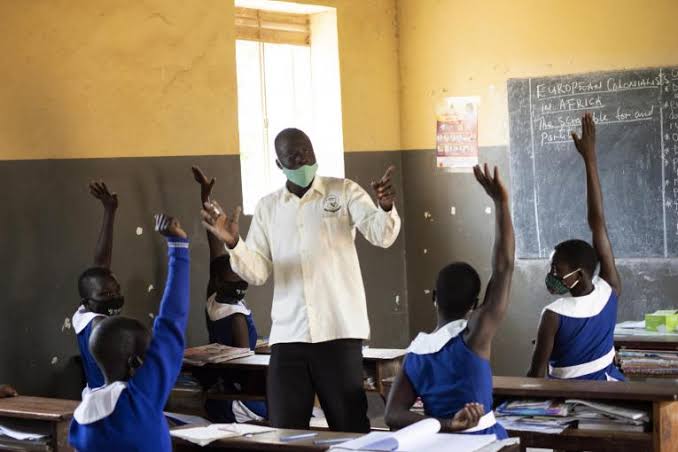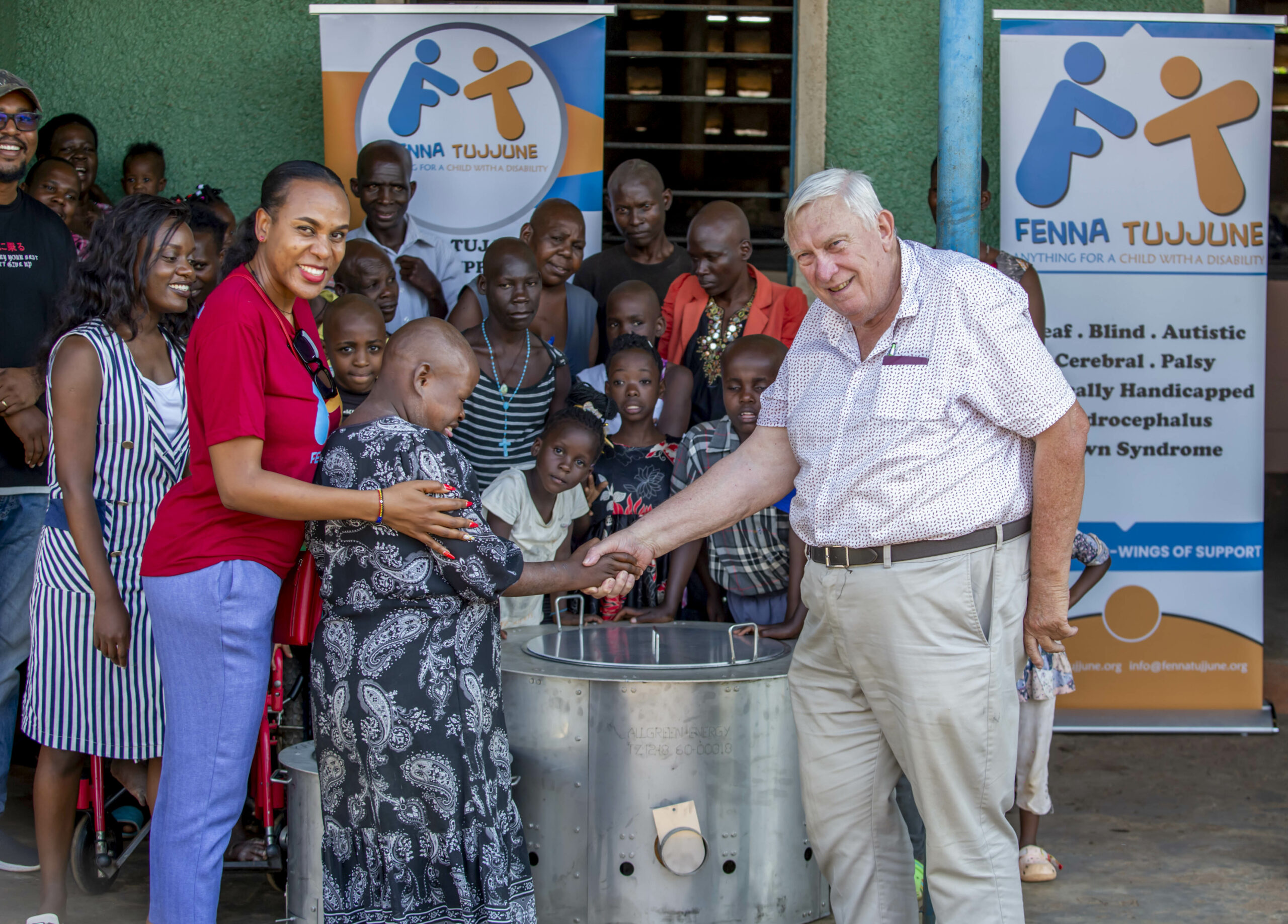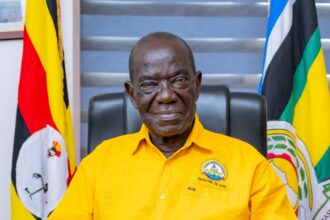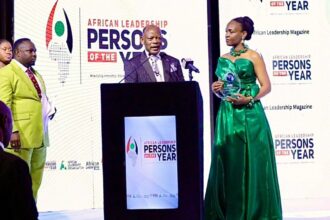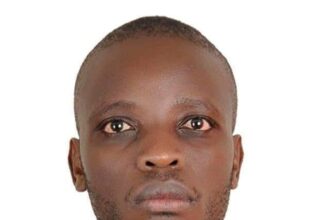The Judiciary of Uganda is set to introduce key reforms aimed at speeding up the delivery of justice by incorporating alternative dispute resolution mechanisms. This was announced by Deputy Chief Justice Richard Buteera during a press briefing held ahead of the 7th Benedicto Kiwanuka Memorial Lecture.
Justice Buteera emphasized that these reforms are designed to enhance the efficiency of Uganda’s judicial system by reducing the backlog of cases and promoting community-based solutions for dispute resolution. He highlighted that the Judiciary has already implemented pilot programs for these reforms in several courts, such as the recent Settlement Week initiative held from September 5th to 9th. This initiative successfully resolved over 230 cases across 10 courts.
“We are exploring ways to equip local leaders, religious figures, and elders with the necessary tools to resolve community disputes in a faster and more cost-effective manner,” Buteera said.
The reforms are part of a broader initiative to integrate alternative justice systems into Uganda’s legal framework, in alignment with Article 126 of the Constitution. This article encourages courts to exercise judicial power in line with local values, norms, and aspirations.
“Most disputes in Uganda are settled by citizens outside the formal court system. We want to bolster these methods to ensure quicker, more affordable, and culturally relevant resolutions,” he added.
Additionally, Deputy Chief Justice Buteera underscored the significance of the upcoming Benedicto Kiwanuka Memorial Lecture, which will take place on September 20, 2024. The event, themed “Promoting a People-Centered Approach to Justice,” will be livestreamed and feature Dr. Zahara Nampeewo from Makerere University’s School of Law as the keynote speaker. President Yoweri Kaguta Museveni is expected to attend as the chief Guest.
Do you have a story in your community or an opinion to share with us: Email us at Submit an Article



